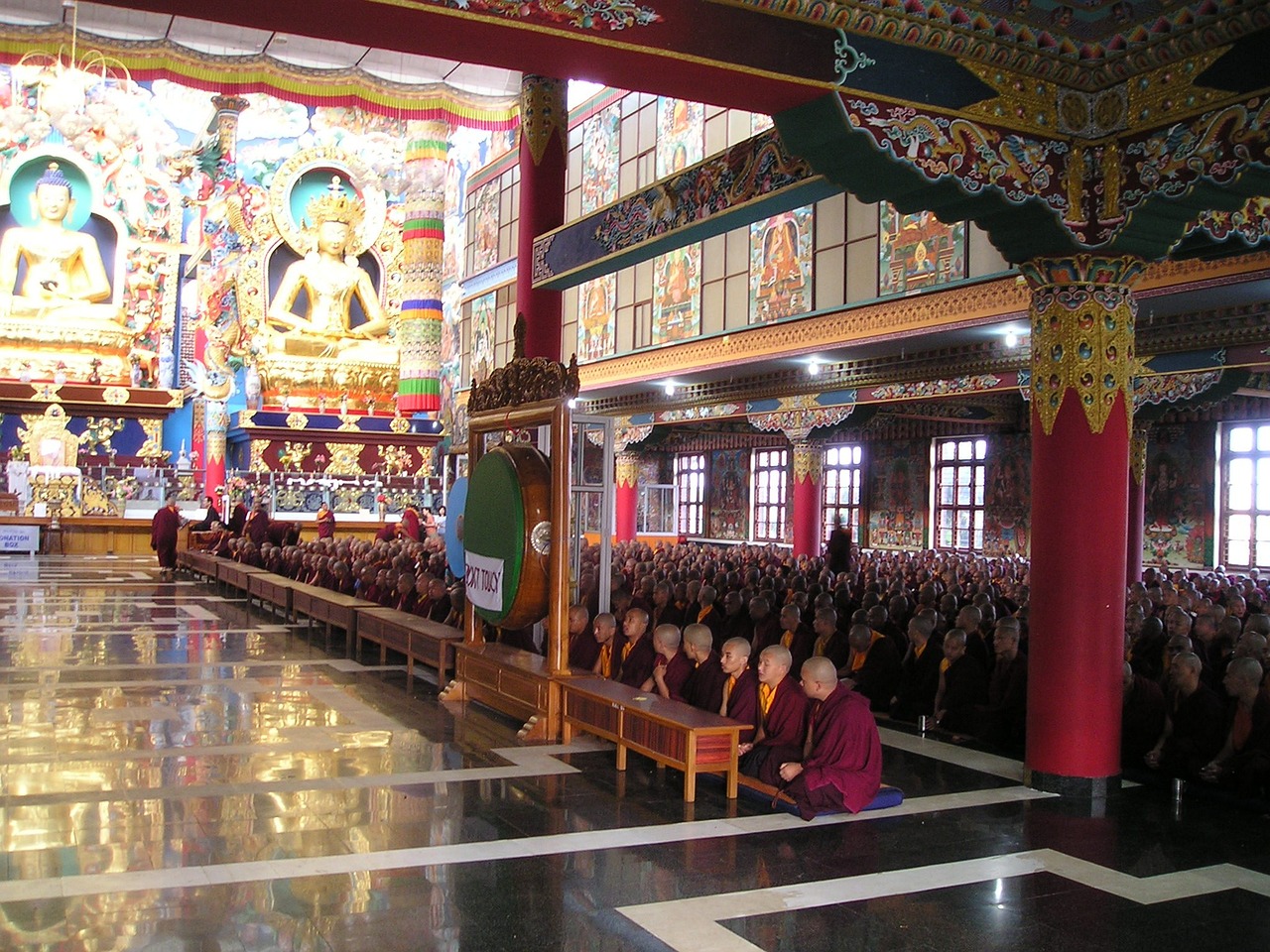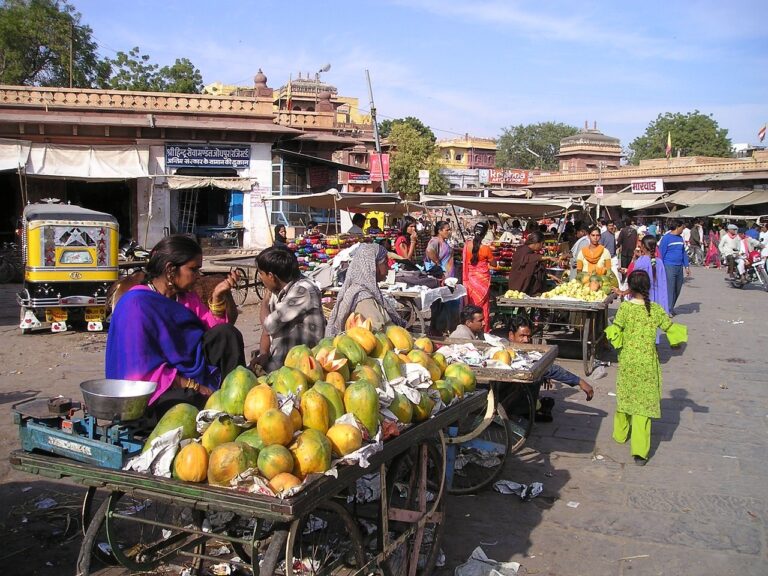The Role of Public Opinion in Shaping Electoral Outcomes
Media coverage plays a crucial role in shaping public opinion during elections. The way news outlets report on candidates, debates, and political events can heavily influence how voters perceive different candidates and issues. The framing and tone used in media coverage can spark conversations, sway opinions, and ultimately impact voter behavior on election day.
Moreover, the extent and frequency of media coverage allocated to each candidate can also determine their visibility and credibility in the eyes of the public. Candidates who receive more positive coverage or are featured more prominently in news stories may gain an advantage over their opponents by being perceived as more trustworthy, competent, or likeable. This can lead to a significant shift in public opinion and ultimately influence the outcome of the election.
The Impact of Political Advertising on Voter Perceptions
Political advertising plays a significant role in shaping voter perceptions during election cycles. Advertisements are crafted to promote a specific candidate, party, or political message, with the aim of influencing how voters perceive and ultimately vote in an election.
These advertisements often utilize emotional appeals, persuasive language, and strategic messaging to sway voter opinions. Whether through television commercials, online ads, or campaign materials, political advertising can leave a lasting impact on how voters view candidates and make decisions at the polls.
• Political advertising shapes voter perceptions during election cycles
• Advertisements promote candidates, parties, or political messages to influence voters
• Emotional appeals, persuasive language, and strategic messaging are used in ads
• TV commercials, online ads, and campaign materials impact how voters view candidates
The Role of Social Media in Shaping Electoral Outcomes
Social media has revolutionized the way political campaigns are conducted and how voters engage with political content. Platforms like Facebook, Twitter, and Instagram allow candidates to directly reach out to voters, share their messages, and respond to feedback in real-time.
Moreover, social media enables users to access a wide range of information about political candidates and issues, empowering voters to make informed decisions. However, the unregulated nature of social media also creates challenges, as false information and misinformation can easily spread, potentially influencing electoral outcomes.
How does media coverage influence public opinion during elections?
Media coverage can shape public opinion by providing information on candidates, their policies, and their performances, ultimately influencing how voters perceive them.
What impact does political advertising have on voter perceptions?
Political advertising can sway voter perceptions through messaging that highlights a candidate’s strengths or weaknesses, as well as by promoting certain issues or agendas.
How does social media play a role in shaping electoral outcomes?
Social media allows for the rapid spread of information, opinions, and propaganda, making it a powerful tool in influencing voter attitudes and behaviors during elections.







